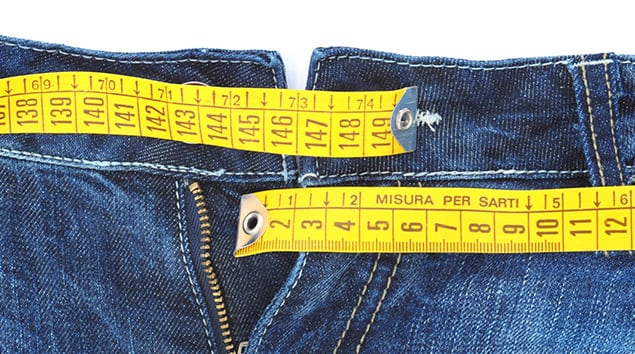
Enjoy a healthier lifestyle with Gastric Sleeve surgery.
A patient who is obese may not be able to lose the weight they need to be healthy through traditional diet and exercise. In these cases, it may be recommended that the patient undergo weight loss surgery to help them shed the pounds.
Gastric Sleeve:
- Is a procedure that makes the stomach smaller
- This in turn helps patients consume less.
CONTACT US TODAY
What is Gastric Sleeve Surgery?
The stomach acts as pouch that holds food while that food is being broken down. During a gastric sleeve surgery, the pouch part of the stomach is removed, leaving behind a tube-shaped organ. Because the stomach is significantly smaller following the procedure, the patient eats smaller portions as they feel full sooner.
What to Expect During the Surgery
During the actual procedure, the surgeon will make small incisions in the abdomen. Small instruments and a camera will be inserted into the abdomen. The remaining part of the stomach will be tube-shaped. The incision in the stomach will be held closed with surgical staples. The entire procedure should only take about an hour.
Ultimately, about three-quarters of the stomach will be removed though the remaining portion of the stomach will function just as it did before the surgery. The main difference is that the stomach will not be able to store as much food as it was capable of prior to the gastric sleeve procedure. This includes the pyloric valve, which releases the food into the small intestine.


Recovering from Gastric Sleeve Surgery
It can take about four to six weeks of recovery for those who undergo a gastric sleeve surgery. Patients should expect to spend about two to three days in the hospital before they are discharged. During the initial recovery period, patients can expect to feel some pain in their abdomen and the incisions may be tender or sore. Patients may be asked to walk around as much as possible to jump start the healing process and reduce the risk of blood clots.
Prior to being released, patients should expect their surgical team to run some tests to ensure they are healing properly. The patient should be able to drink enough water to keep themselves hydrated and urinate as normal once the catheter is removed. Further, the patient should not be in too much pain.
Patients should avoid swimming or bathing until the incisions have had a chance to fully heal. They should expect to take a few weeks off so that they may fully heal. Patients can expect to return to their normal exercise routine within one or two months.
The Diet Plan after a Gastric Sleeve Surgery
The gastric sleeve surgery will help patients jump start their weight loss. For the best results, however, those looking to lose the weight and keep the weight off should follow a strict diet plan. This often means adopting a new plan that is full of lean proteins, vegetables and whole grains.
Immediately following the surgery, patients should expect to be limited to clear liquids only. This includes water and light broth. This may be followed by a full liquid diet during the second week of recovery. During the third week, patients may be given permission to start eating soft or pureed foods, like soups and scrambled eggs. During week four, they may upgrade to soft foods like mashed potatoes, fish and boiled chicken. Finally, patients may begin to reintroduce healthy, nutrient-dense foods during the fifth week of recovery.
Following Up after the Procedure
Obese patients undergo gastric sleeve surgery in order to help them lose weight. However, if they continue to overeat or do not commit to a healthier lifestyle, the surgery may not help them. However, those who do commit to a healthier lifestyle can potentially lose more than half of their excess weight.
The first follow-up visit should be one week after the surgery to ensure that patient is healing properly. The next follow-up visit should occur at the fourth week mark. At this point, the surgeon may give the patient permission to return to their normal schedule.
After the patient has fully healed, they can expect to meet with their weight loss team at least once every three or four months. During these meetings, the team will help the patient stay on track by discussing their weight loss goals, encourage a commitment to regular exercise and track health issues related to the patient’s obesity. This is also the time when patients can learn more about how they can continue to improve their diet.

